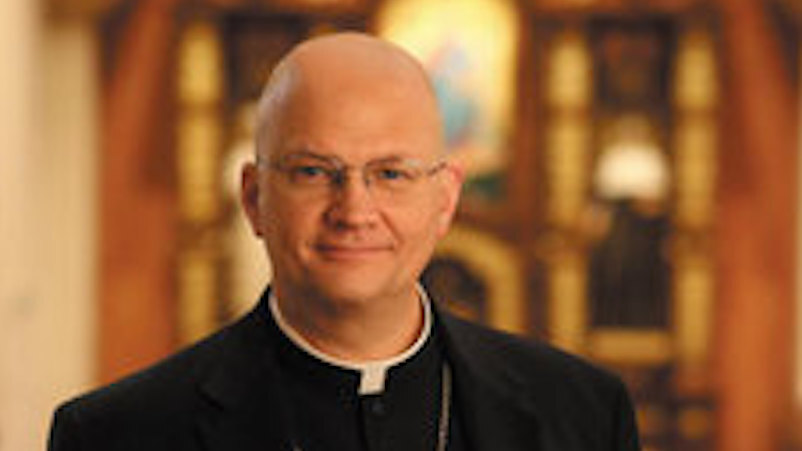
Bishop Edward Joseph Weisenburger | Diocese of Tucson
After Arizona’s recent execution of Frank Atwood, the bishop of Tucson has come out in vocal support of pro-life, anti-death penalty legislation, in keeping with the teaching of the Catholic Church.
Atwood’s execution on June 8 was the second time the state had carried out the death penalty in less than a month. More than 100 prisoners are on death row in the state.
"Bishop Edward Weisenburger of the Diocese of Tucson is a vocal supporter of pro-life and anti-death penalty legislation in the state of Arizona,” the diocese posted on Facebook.
Arizona executed Clarence Dixon, age 66, by lethal injection in May, Yahoo News reported. That was the first execution in the state since 2014, when carrying out the death sentence on Joseph Wood took two hours, resulting in the state's decision to put executions on hold.
The Catholic Church opposes the death penalty, according to the U.S. Conference of Catholic Bishops (USCCB).
”The new evangelization calls for followers of Christ who are unconditionally pro-life: who will proclaim, celebrate and serve the Gospel of life in every situation,” St. Pope John Paul II said in 1999. “A sign of hope is the increasing recognition that the dignity of human life must never be taken away, even in the case of someone who has done great evil. . . . I renew the appeal I made . . . for a consensus to end the death penalty, which is both cruel and unnecessary.”
In his encyclical “Fratelli Tutti," Pope Francis reiterated Pope John Paul II's opposition to the death penalty and called for Catholics to work toward its abolition, according to America Magazine."Today we state clearly that ‘the death penalty is inadmissible and the Church is firmly committed to calling for its abolition worldwide,” Pope Francis wrote in the encyclical, which is considered an authoritative document.
The Catholic Church has maintained a strong stance against abortion for centuries, regardless of evolving theories about when exactly life begins. The USCCB cites the Catechism for guidance on that matter. It says, "Since the first century the Church has affirmed the moral evil of every procured abortion. This teaching has not changed and remains unchangeable. Direct abortion, that is to say, abortion willed either as an end or a means, is gravely contrary to the moral law" (No. 2271).






 Alerts Sign-up
Alerts Sign-up